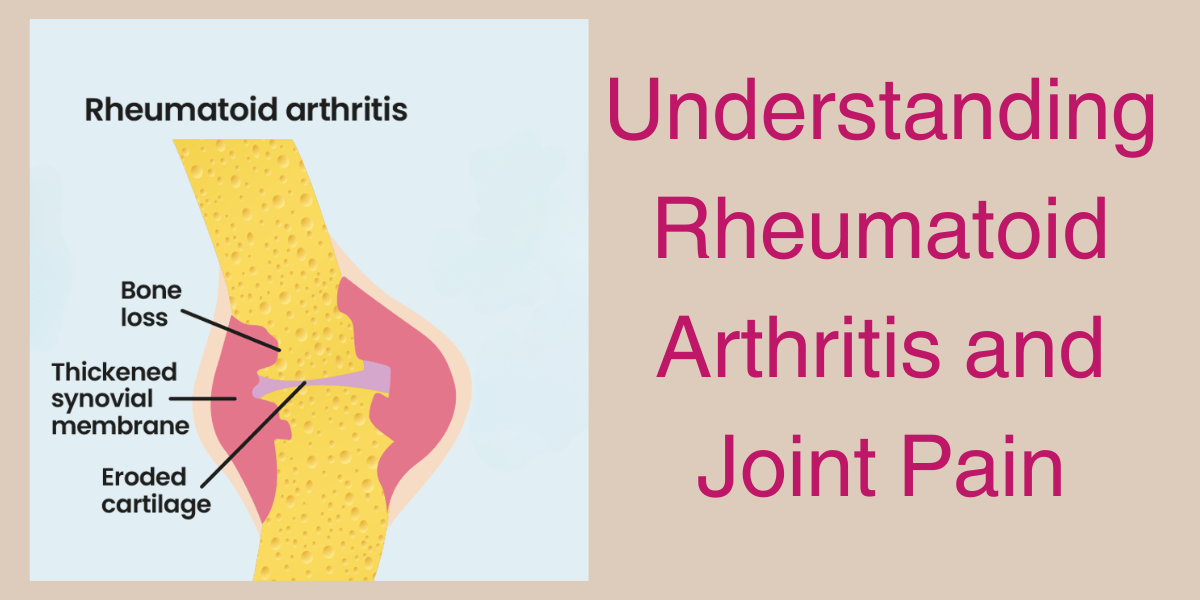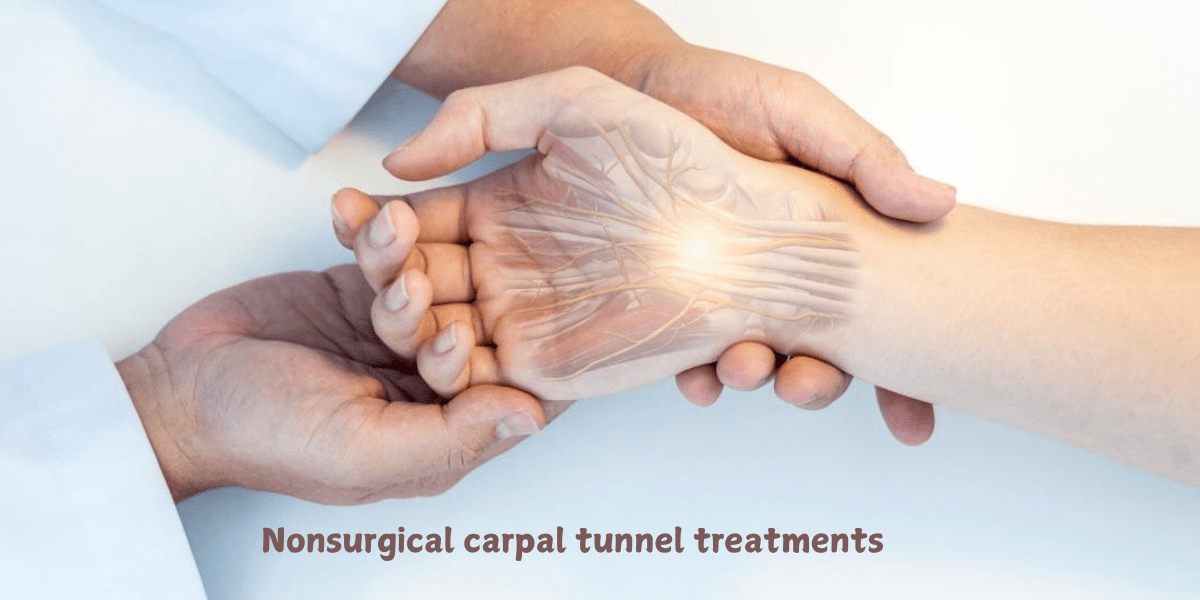
Understanding Rheumatoid Arthritis and Joint Pain
Rheumatoid arthritis (RA) is a chronic inflammatory disorder that primarily affects the joints but can also impact other organs and tissues. Unlike osteoarthritis, which results from wear and tear, RA is an autoimmune condition where the body’s immune system mistakenly attacks its own joints, leading to inflammation, pain, and, over time, joint damage. Recognizing the signs of RA early and understanding how to manage it effectively can help individuals reduce pain and improve their quality of life.
What is Rheumatoid Arthritis?
Rheumatoid arthritis is a systemic autoimmune disease that causes the immune system to attack healthy joint tissue, especially the lining of joints known as the synovium. This leads to inflammation, which can thicken the synovium and cause it to invade surrounding cartilage and bones. If left untreated, RA can result in joint deformity and loss of function.
Key Symptoms of Rheumatoid Arthritis
RA often begins subtly, with symptoms that may come and go. Common symptoms include:
- Joint Pain and Stiffness: Especially in the mornings or after periods of inactivity, the joints can feel stiff and achy.
- Swelling and Redness: RA often leads to swollen, warm joints, typically affecting the small joints in the hands and feet.
- Fatigue: Many people with RA experience fatigue, low energy, and even low-grade fever.
- Symmetry in Symptoms: RA symptoms often appear symmetrically, meaning if one hand is affected, the other usually is as well.
Causes of Rheumatoid Arthritis
The exact cause of RA is unknown, but a combination of genetic, environmental, and hormonal factors seems to play a role. People with a family history of RA are more likely to develop it, and certain environmental factors—such as smoking and obesity—can increase the risk. Hormonal changes, particularly in women, may also influence the onset of RA.
How Rheumatoid Arthritis Causes Joint Pain
In RA, joint pain stems from inflammation. When the immune system attacks joint linings, this leads to painful inflammation and swelling. Over time, this chronic inflammation can damage cartilage, the tissue that cushions the ends of bones in a joint. As the cartilage wears away, bones begin to rub together, resulting in pain and stiffness.
The Difference Between RA and Osteoarthritis Joint Pain
While both RA and osteoarthritis (OA) involve joint pain, there are key differences:
- RA: An autoimmune disease where joint pain results from inflammation due to immune system activity.
- OA: A degenerative disease where joint pain arises from the breakdown of cartilage over time.
Knowing these differences is essential for accurate diagnosis and treatment, as RA requires different approaches than OA.
Diagnosing Rheumatoid Arthritis
An accurate RA diagnosis is crucial for effective treatment. Diagnosis typically involves:
- Physical Examination: A doctor will check for swollen, warm, and tender joints.
- Blood Tests: Tests for rheumatoid factor (RF), anti-CCP antibodies, and inflammatory markers (such as CRP and ESR) can indicate RA.
- Imaging Tests: X-rays, ultrasounds, and MRIs can help detect joint damage and inflammation early in the disease.
Treatment Options for Rheumatoid Arthritis and Joint Pain
Early and proactive treatment is key to managing RA effectively and preventing joint damage. Here are some treatment options:
1. Medications for Rheumatoid Arthritis
- Nonsteroidal Anti-inflammatory Drugs (NSAIDs): NSAIDs can relieve pain and reduce inflammation.
- Corticosteroids: These are often used in the short term to control inflammation but can have side effects if used long-term.
- Disease-Modifying Antirheumatic Drugs (DMARDs): DMARDs like methotrexate work by slowing the disease’s progression.
- Biologics: These are newer medications that target specific components of the immune system to prevent joint damage.
2. Physical Therapy
Physical therapy can help improve joint function, strengthen muscles, and reduce stiffness. Physical therapists teach RA patients exercises that are gentle on joints, promoting flexibility and mobility.
3. Lifestyle Changes
- Diet: A balanced diet rich in anti-inflammatory foods like fruits, vegetables, omega-3-rich fish, and nuts can help reduce RA inflammation.
- Exercise: Low-impact exercises such as swimming, cycling, and walking improve joint health and reduce stiffness.
- Weight Management: Keeping a healthy weight reduces stress on joints, particularly weight-bearing ones like the knees and hips.
4. Alternative Therapies
Some RA patients find relief through alternative therapies such as acupuncture, massage therapy, and stress-reduction techniques like meditation and yoga.
5. Surgery
In advanced cases, where joints have been significantly damaged, surgery may be necessary to restore joint function. Options include joint replacement and joint fusion surgeries.
Managing Rheumatoid Arthritis Flares
RA flares are periods when symptoms worsen. Managing these flares involves:
- Resting: Taking breaks during a flare can help prevent further joint damage.
- Cold and Heat Therapy: Cold packs reduce swelling and numb pain, while heat relaxes muscles and enhances circulation.
- Anti-inflammatory Medications: NSAIDs or corticosteroids, prescribed by a doctor, can help control inflammation.
Coping with the Emotional Impact of Rheumatoid Arthritis
Living with RA can be emotionally challenging. The chronic nature of the disease and its impact on mobility can lead to frustration, stress, and sometimes depression. Support groups, counseling, and open communication with loved ones can be helpful in managing the emotional aspects of RA.
If you’re experiencing joint pain, stiffness, or swelling that lasts more than a few days and looking for Arthritis pain treatment in Pune, consult a healthcare provider. Early intervention can help manage symptoms, prevent further joint damage, and improve long-term quality of life. Dr. Kauser Mujawar at the Pain Management Clinic offers expert care for managing arthritis and rheumatoid arthritis pain. With a personalized approach, Dr. Mujawar can help you find relief through advanced pain management techniques tailored to your needs.





